The rising cost of living - how it is making life difficult
Inflation
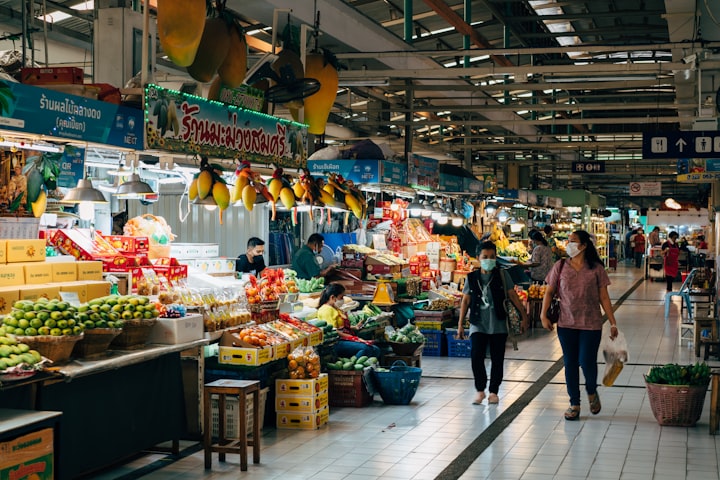
Invest in inflation. It is the only thing going up.
Will Rogers
In recent times, inflation has been rising everywhere. Be it in India, the US, Latin America, or any other part of the world.
Country-wise inflation -
US inflation - 8.5%
Canada inflation - 6.8%
Britain inflation - 9%
India WPI - 15.8%
Inflation in certain commodities as of Jan 2022
Crude oil - 57%
Wheat - 29%
Phosphate - 104%
Chicken Meat - 59%
Year on Year inflation compared to Jan 2021
The US printed $4.2 Trillion in money in the last three years to boost economic growth, but the same thing has now created havoc in the world economy. The sliding rupee compared to the dollar makes our imports expensive, leading to further inflationary pressure on the Indian economy.
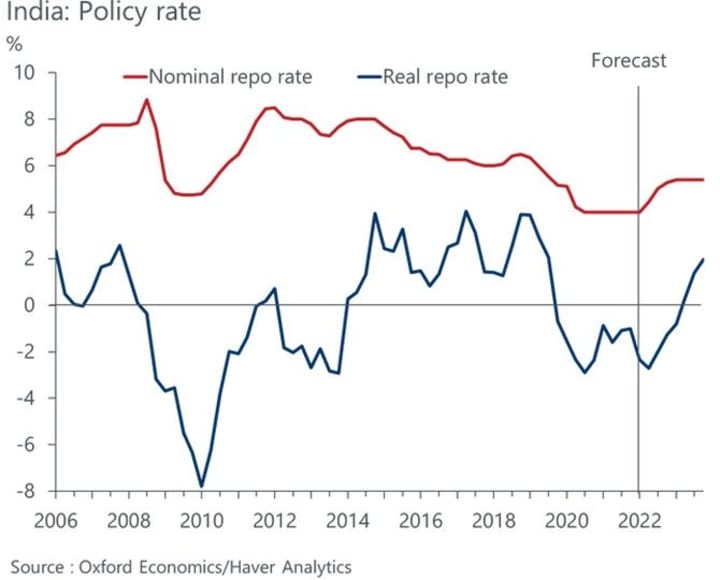
Some of the major culprits behind the rising cost of living are listed and discussed below -
Housing Sector - Indian housing sector is witnessing a slowdown at present. Its growth rate lags the GDP growth rate. It is not an attractive investment option right now.
While the luxury housing segment is witnessing a sharp growth, the middle-income and lower-income housing sectors are witnessing a slowdown where demand is sluggish.
The role of black money, Benami properties, and crony capitalism are some common culprits. Property rights are a debatable concept, and its limits are too. Up to what extent this right is justifiable in a country where most people fall into middle-income, lower-income, and poorer strata of society.
Buying a house in the metro is not feasible for most of us. The cost of purchase apart from the taxes, legal, and EMIs is taking a heavy toll on the mental, physical, and economic health. In India finding a decent job in tier one, and tier two cities are next to impossible barring government jobs. If a person is earning a good salary in a city like Mumbai, Gurgaon, or Bengaluru then also he/she will not be able to buy a decent house, given the cost of food, transportation, and other necessities. House rents are crazy like anything; even for a two bhk, the rent can cost you 20-25% of your salary, and other expenses are still there.
Housing is a necessity and cannot be left to the market forces alone to decide. Especially when society is highly unequal and divided.
2. Education sector - In a country like India, education has been seen as a tool for social mobility. Every parent thinks that their ward should move up the social ladder, and quality education helps them achieve their goals. As private schools, coaches and universities have popped up in the education sector, getting a quality education is becoming costlier. Good private schools have become so expensive that out-of-pocket expenditure is going up day by day; for lower and middle-income parents, it becomes unsustainable to ensure that their ward can study at these schools. Apart from the costly educational ecosystem, many argue that curriculums are outdated; and do not provide ready-to-market qualifications. Rising student loans, expensive degree programs, and lack of quality jobs are deteriorating the quality-of-life day by day.
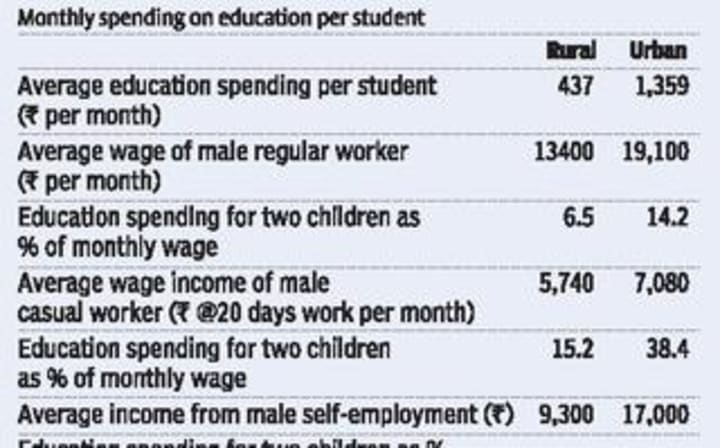
3. Healthcare sector - Despite having so many government hospitals, healthcare is getting more expensive day by day. Hospital bills have become more of a pain than the disease for which one is admitted to the hospital. The government is already running several programs for quality and affordable healthcare programs. But due to the sheer size of our population, it is not possible to ensure free healthcare for everyone.
Private insurance companies are tapping the market by making attractive promises, but those who have taken the insurance know the reality very well. Out of pocket expenditure on healthcare is rising at an alarming level, especially in states like Uttar Pradesh and Bihar. This heavy burden forces lower and middle-income groups into the debt traps or leaves them in despair.
4. Food Items - Food items are experiencing unprecedented inflation, hugely surpassing the increase in per capita income. Affordability of Indigenous thali has decreased over the years, costly food items are hitting the poor hardest. The intermittent price range of these commodities often leaves a heavy dent in the family savings and well-being, leaving little to none for luxury expenses.
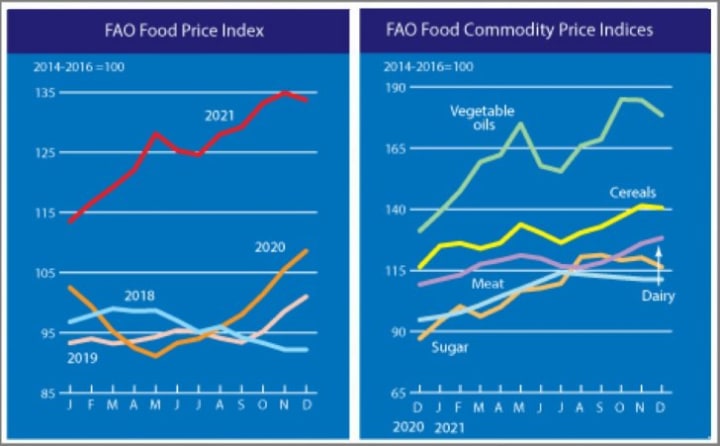
5. Transportation cost - Transportation costs are increasing due to rising crude oil, and gas prices and inflating automobiles. Increased transportation costs have a domino effect on the overall economy. Everything gets expensive as transportation costs increase. Whether we talk about food items, manufacturing goods, raw materials, and others.
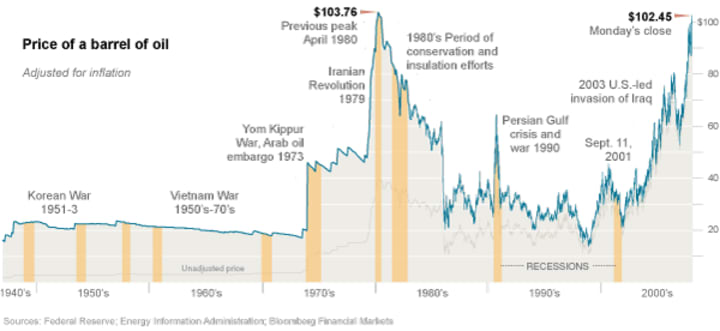
We might not believe it, but this generation is earning less than the previous ones in real terms. Our parents and grandparents lived a more quality life as per their nature of work than we will ever live. Deteriorating air quality, expensive housing, insecure work, and the rising cost of living also put mental pressure on this generation.
The rising cost of living has made the competition more ruthless and inhumane. The rising cases of depression, anxiety, and stress are some unwanted outcomes of this cut-throat competition.
It is true that over decades, we have improved our convenience well. Revolutions across the sectors have made it possible to live our lives more comfortably and conveniently than ever before. But we need to reflect upon our societal costs too; the rising cost of living is leading to social unrest everywhere in the world. Be it Latin America, Egypt, Sri Lanka, Pakistan, India, or the US.
Every society has its foundation in equality, sustainability, and affordability. Comfort and convenience are desirable but not at the cost of necessities. Our policymakers and leaders should rethink the purpose of governance in a world where the majority lives in survival and despair.
If you have found this article meaningful. Consider sharing it with your family and friends. Your appreciation will encourage me to write more of such content.
About the Creator
Adesh Mishra
I love to discuss cardinal aspects of our lives which shape our identity, thoughts and behavior






Comments
There are no comments for this story
Be the first to respond and start the conversation.